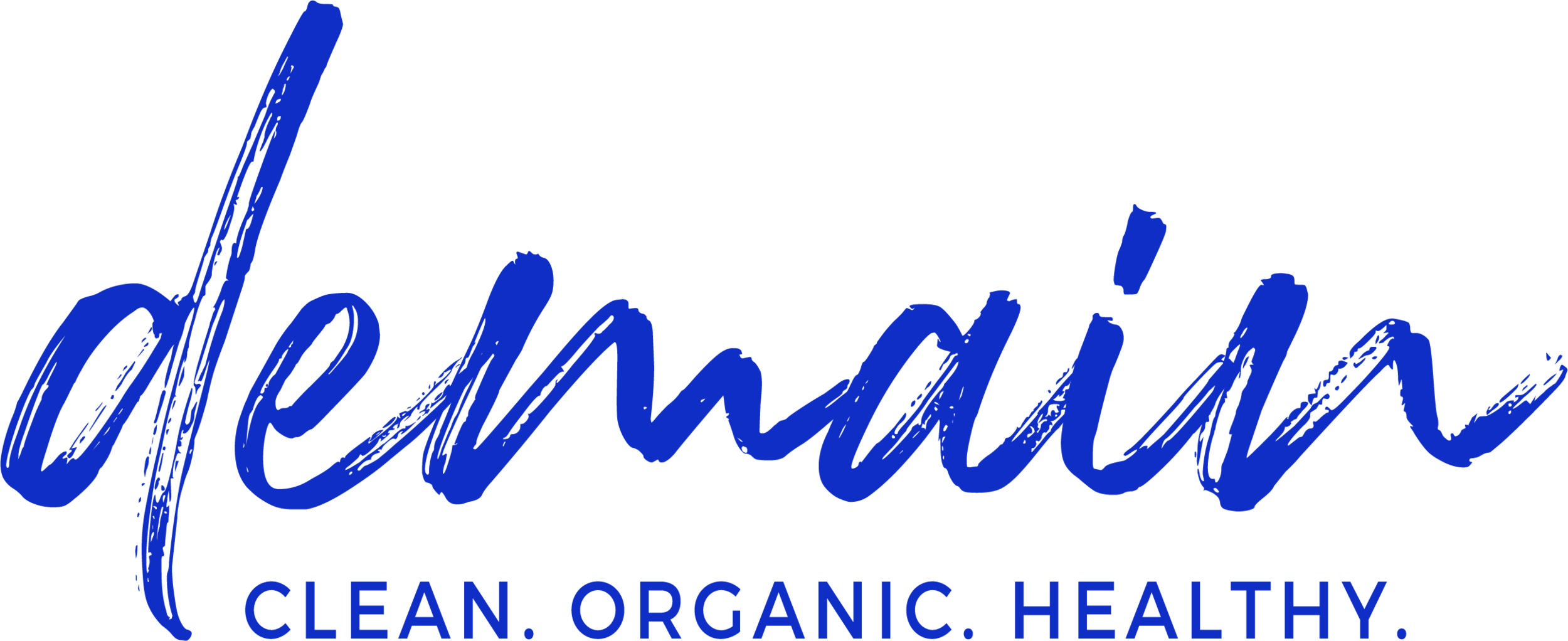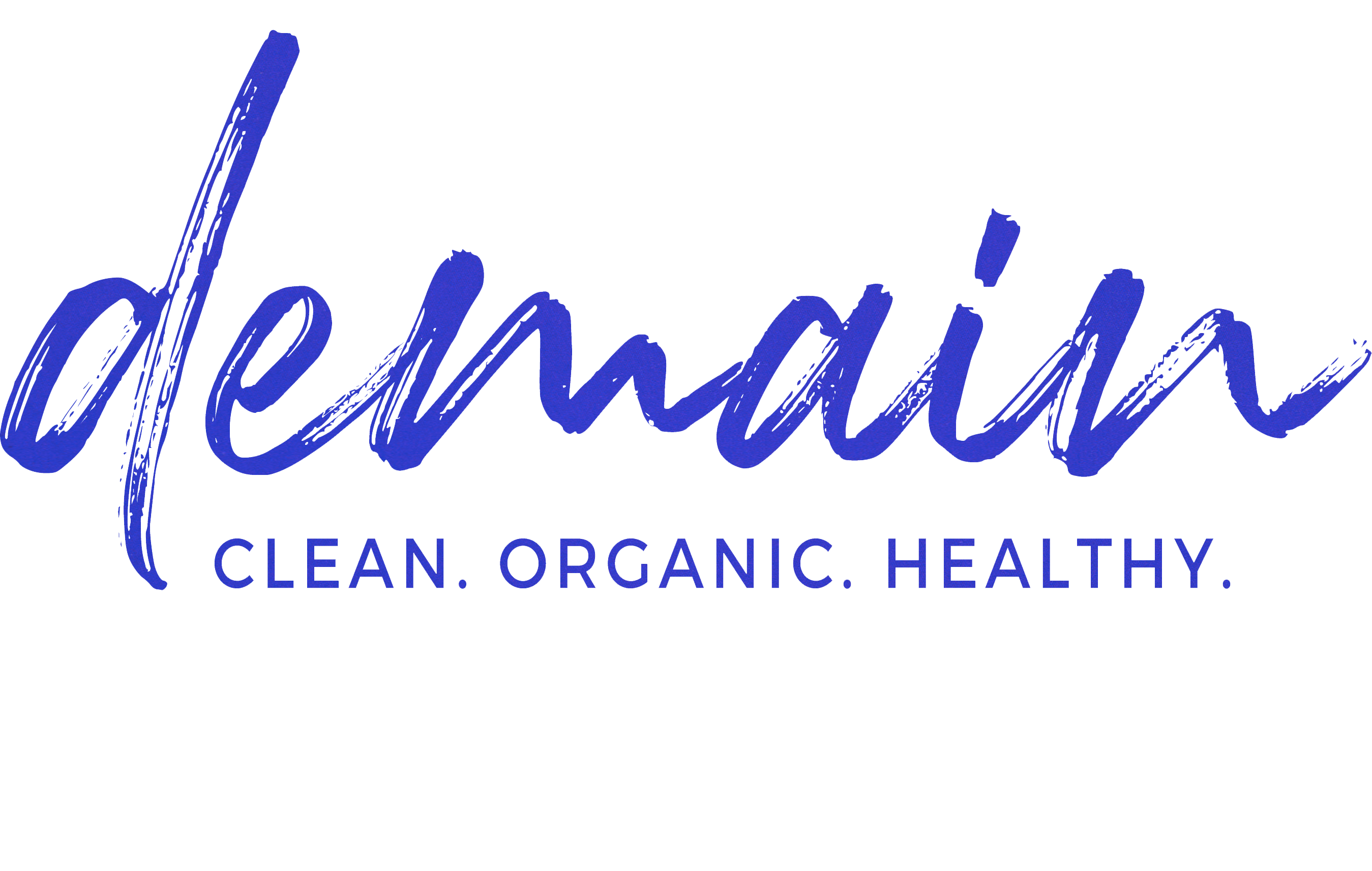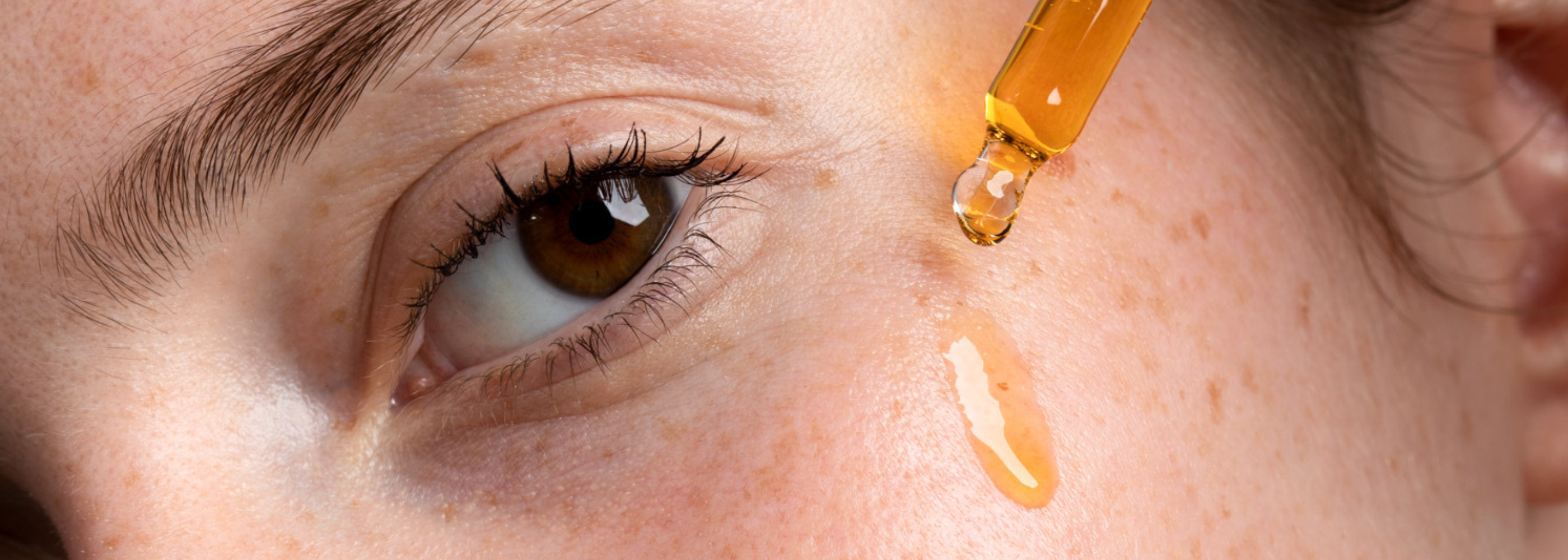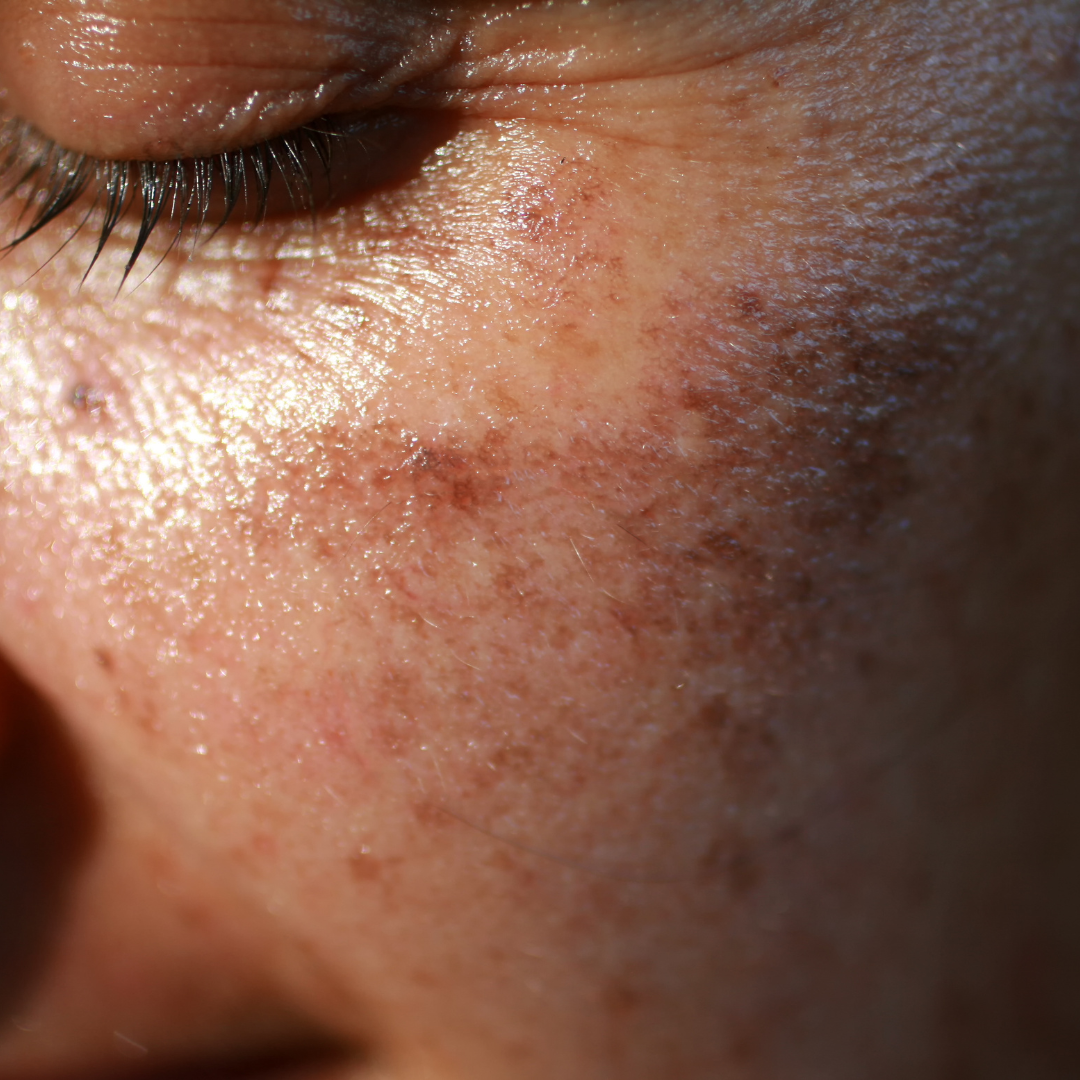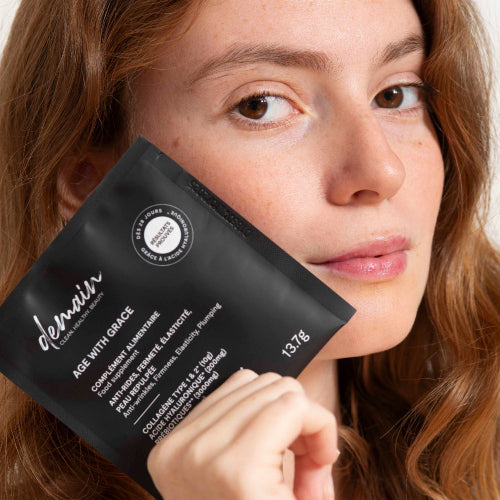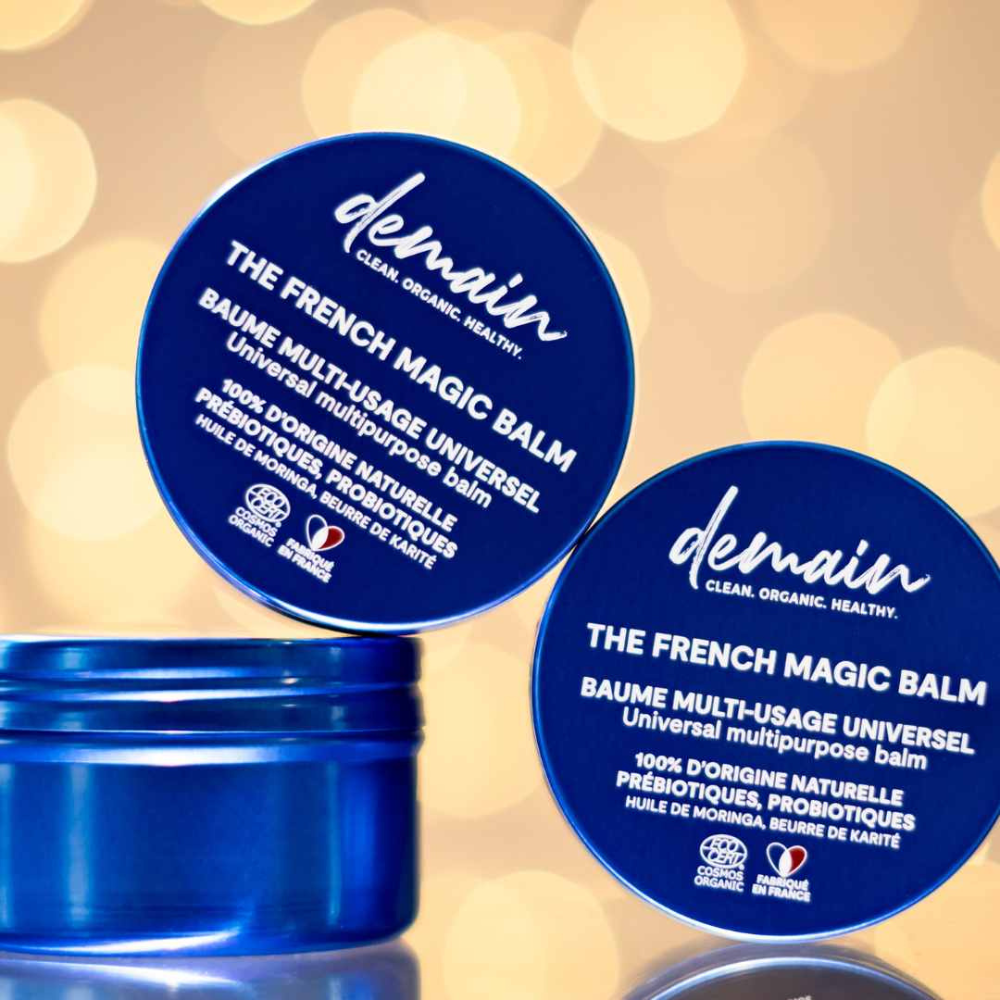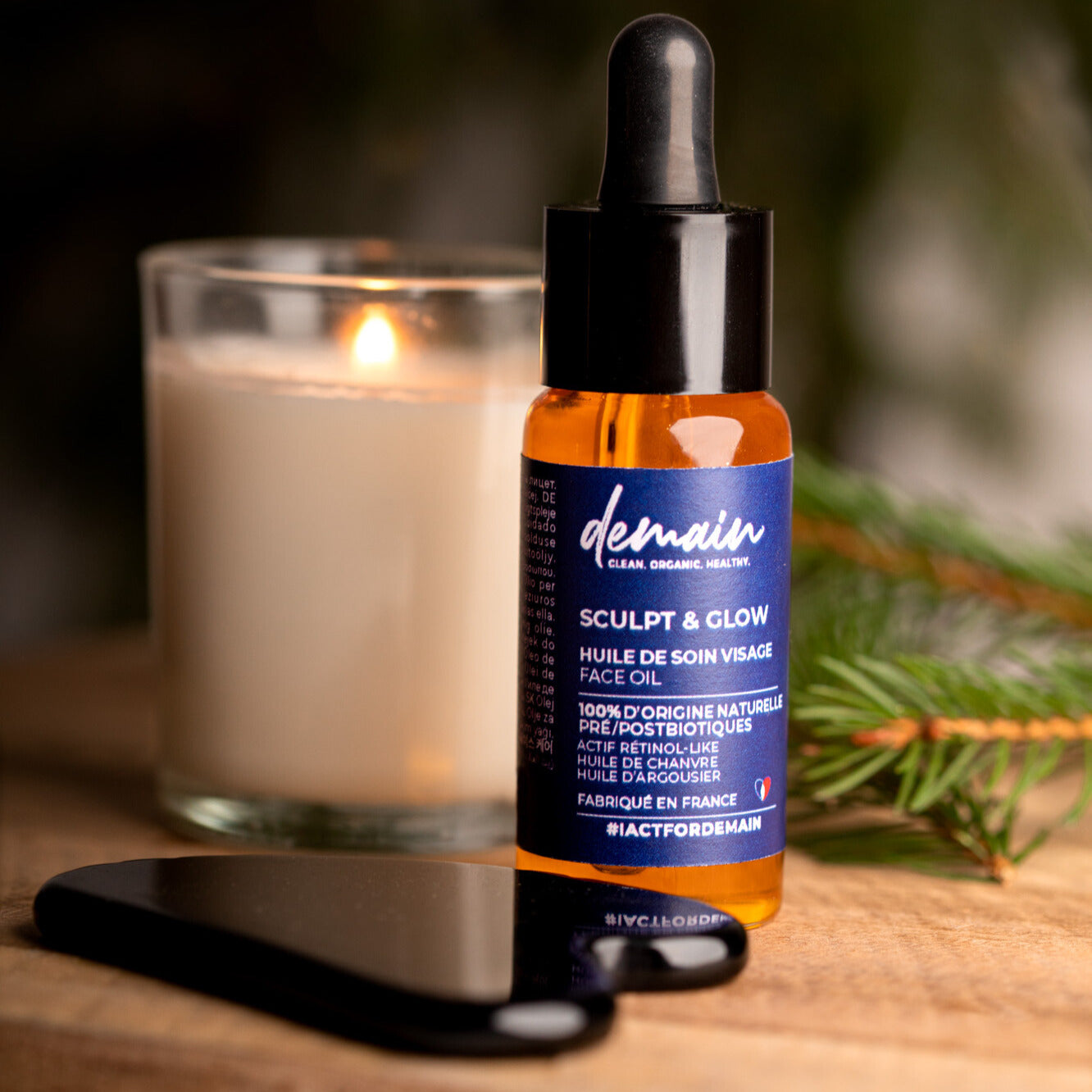Premature skin aging is a phenomenon that is causing increasing concern. Several factors, such as excessive exposure to the sun, smoking or stress, can accelerate this natural process. In addition, certain rare genetic diseases such as Progeria can cause rapid and abnormal skin aging from a very young age. How can we combat these early manifestations? What are the solutions to prevent pigment spots? Let's address these questions together.
Understanding Premature Aging: Definition and Causes
Premature aging is defined by a process of rapid and anticipated alteration of skin cells. It manifests itself by a loss of elasticity, the appearance of wrinkles and brown spots. Several factors are involved:
- UV exposure : Overexposure to the sun causes oxidative stress, damaging the DNA of skin cells.
- Diet : An unbalanced diet, poor in antioxidants, vitamins and essential nutrients, can accelerate aging.
- Lack of sleep : Insufficient sleep can disrupt cell renewal and promote premature aging.
- Oxidative stress : free radicals, produced in excess by the body, can damage skin cells and accelerate its aging.
It is therefore crucial to know these causes to better prevent premature aging.
Diseases associated with premature aging: Progeria and Hutchinson Syndrome
Progeria , also called Hutchinson-Gilford syndrome, is an extremely rare genetic disease. It is characterized by accelerated aging from the neonatal period. Progeria is due to a mutation in the LMNA gene which codes for a protein, lamin A, essential for the structure of cell nuclei.
Hutchinson syndrome is often confused with Progeria due to their similar symptoms. However, they are two separate diseases. The specific details and differences between these two diseases will be discussed in the following sections.
Progerin: a key protein in the accelerated aging process
Progerin is a mutated form of lamin A that unfortunately plays a key role in the accelerated aging characteristic of Progeria. This abnormal protein is the result of a genetic mutation that affects the LMNA gene, and its accumulation in cells causes cellular instability.
Progerin, toxic to cells, alters the structure of the membranes of the cell nucleus. It thus disrupts genetic information, causing dysfunction and acceleration of the aging process.
Note that research is currently being conducted to block the production and accumulation of this protein in order to slow down premature aging.
Symptoms of premature aging: skin, face and hands
Premature aging is manifested by several symptoms visible on the skin, face and hands. Among these, we note the early appearance of wrinkles and fine lines , which can be clearly accentuated by dehydration of the skin. Brown spots can also appear, a sign of an alteration in the pigmentation of the skin.
On the hands, we observe a loss of volume and the appearance of more visible veins. The skin also becomes thinner and dehydrated.
At the facial level, in addition to wrinkles and fine lines, there is a loss of firmness, tone and suppleness of the skin. The changes are particularly visible in the elasticity and thickness of the skin of the face, with a noticeable sagging .
Finally, beyond the visible signs, premature aging of the skin is often accompanied by a decrease in the efficiency of the three skin layers : the epidermis, the dermis and the hypodermis. This inefficiency is reflected in particular by less elastic skin and a thinning of the dermis and epidermis.
Aging prematurely: the consequences on daily life
Early aging can have an impact on daily life. It can lead to cognitive disorders such as learning difficulties and decreased attention. In addition, fatigue and joint pain can occur, making certain activities more difficult.
- Social difficulties : Fear of the gaze of others can lead to withdrawal into oneself.
- Physical problems : Joint pain and fatigue can limit physical activity.
- Cognitive impairment : Decreased attention and learning difficulties can affect daily tasks.
These consequences on daily life can lead to an alteration in the quality of life. It is therefore essential to accompany and support people affected by premature aging.
How to fight against premature aging? Solutions and prevention
Combating premature aging requires a multifaceted approach. First, lifestyle is key. Incorporating regular physical activity and a balanced diet rich in fresh fruits, vegetables, and whole grains can help keep skin healthy.
Second, adopting a skincare routine that is tailored to your skin type is essential. This includes daily moisturizing, using sunscreen, and using products rich in hyaluronic acid and other anti-aging actives that promote collagen production, a key role in maintaining skin suppleness.
Finally, avoiding oxidative stress factors such as UV exposure, excessive alcohol and tobacco consumption and exposure to pollution can prevent the premature appearance of signs of aging.
The role of lifestyle in accelerating aging
Lifestyle has an undeniable influence on premature aging. Daily habits can either contribute to speeding up or help slow down this process. Dietary choices, physical activity level, exposure to stress, and quality of sleep are all factors that can influence how quickly skin ages.
For example, an unbalanced diet, rich in sugars and saturated fats, can promote the accumulation of free radicals in the body, thus accelerating skin aging. Similarly, regular exposure to stress can trigger chronic inflammation, which is harmful to the skin.
Conversely, a healthy and balanced lifestyle can help maintain healthy skin and slow down its aging. Habits like:
- a diet rich in antioxidants
- regular physical activity
- quality sleep
- effective stress management
can all help to preserve the youthfulness and vitality of the skin.
The main cause of premature aging: the importance of sun protection
Exposure to the sun is often blamed for the premature appearance of signs of aging. Indeed, UV rays are known for their ability to generate free radicals, unstable molecules that damage skin cells and accelerate their aging.
The importance of sun protection is therefore crucial to preserve the skin and slow down its aging. Regular use of sunscreens, especially broad-spectrum ones, helps filter and absorb UV rays, thus reducing their impact on the skin.
It is recommended to integrate sun protection into the daily care routine, applying sunscreen to all parts of the body exposed to the sun: face, hands, décolleté.
Effective sun protection is not limited to applying cream. Wearing UV-protective clothing and wide-brimmed hats, as well as avoiding the sun when it is at its most intense, are all actions that contribute to protecting the skin.
Sun protection is therefore more than just a beauty gesture. It is a real preventive measure against premature aging of the skin.
Slowing down premature aging: products and routines to adopt
To slow down premature aging, several products and routines can be adopted. Serums enriched with specific active ingredients such as vitamin C, hyaluronic acid or peptides can be integrated into your skin care routine. These active ingredients have a recognized effect on improving the quality of the skin.
- Creams and lotions that are suitable for your skin type are also essential. They should be chosen based on their moisturizing, nourishing and protective properties.
- Essential oils can be added to your beauty routine for their antioxidant and regenerative properties.
- In your diet, favor foods rich in antioxidants, omega 3 and vitamins A, C and E.
- Finally, be sure to adopt cleansing and moisturizing routines that are adapted to your skin type. Also remember to protect your skin from the sun and monitor the quality of your sleep.
